| A new Twitter follower picked up on my post on self-compassion and flagged her own about the urge to rescue other people when the one who really needs rescuing is herself. Well, that got me rethinking a familiar theme which might account for why my email inbox is clogged and my to-do list is endless when the world is meant to be on pause. Apologies to those struggling with a loss of human contact and structure but, from where I stand, there’s a surfeit of life-belts in an extremely small pond. |
| I’m not suggesting we don’t need any help to keep us afloat in choppy waters. Never in my wildest dreams did I expect a government that sees the unemployed as shirkers to pay people – via the furlough scheme – to stay at home. There’s been a great response to Mental Health Awareness Week, with its theme of kindness, and lots of genuine concern for each other’s well-being. Lots of arty stuff has gone online which, for me, has meant joining a 3500-strong choir, an excellent teach-in on interviews from the Society of Authors and my first ever attendance at the Hay Book Festival with a lovely session from Maggie O’Farrell. Oh, and I “performed”, via a pre-recorded video, at a local festival. |
But it’s hard to keep up: the fear of missing out and the fear of failing to pull one’s weight in a constant battle with the demanding enough business-as-usual, including getting my forthcoming novel, Matilda Windsor Is Coming Home, as good as I can make it in readiness for my publisher’s edits. And, while I shouldn’t complain about something that gives me such pleasure, this is the busiest time of the year for me in the garden. I imagine many others are suffering from a similar sense of overwhelm.
| While the pressure undoubtedly derives from the seriousness of the problem: an out-of-control virus – biological and political – that’s killed far too many people and might spell the end of you and me. But we also unwittingly put undue pressure on ourselves by our efforts to fix it: taking an I’ll-just-do-this-one-thing approach to a bottomless pit. I feel it when I check in with Twitter along with my early-morning herbal tea. I feel it when I’m inspired to compose a new coronavirus post. I’m feeling it now. Because those posts always take longer to write than they ought to. Because, while – fake news notwithstanding – Twitter keeps me better informed than the BBC News, cyberspace is bigger than our solar system, bigger than our galaxy, or it’s an enormous black hole. I have grown better at resisting recently, but the sense of urgency is strong. |
Some of the things we do to assert this illusion of control will be helpful, both for others and ourselves. When someone connects with one of my coronavirus rants it’s a plus for both sides. And I’ve been continually cheered by the gallows humour, and the reminders I’m not alone in my rage. But the drive to do more is the rocky road to burnout. It looks as if this virus – both biological and political – will be with us a while. (See read this article on What if we never find a vaccine?)
We do need to keep striving for change but not at the expense of our own physical and mental health. Because the extreme form of what we’re doing is serious mental disarray. Think of the person with bipolar disorder drifting towards a manic state. Initially, she seems enlightened, supercharged with energy, bright ideas and goodwill. But her brakes aren’t working and she can’t switch off to sleep.
I’m trying to curb my rescuer inclinations, but I constantly slip up. The correct response to the inspiration for this post would have been to let it go and use the time to get my hands in the soil. Never mind, I’ll fail better next time. Thankfully, I can retreat into fiction.
| That’s where I find Janice, the young social worker in my forthcoming novel, Matilda Windsor Is Coming Home. She suffers from the rescuing dynamic in spades. Here she is reflecting on her motivation as she’s tempted to abandon psychiatry for a post in the (at that point, in 1990, new) specialism in HIV/AIDS: |
Matty Osborne had revived her sense of purpose. Nowhere better to battle discrimination than a loony bin, or so she’d thought, until her mother drew her attention to the medical wards where young men’s vitality leached away.
Their predicament mirrored Matty’s: shunned by society, and their families; robbed of their futures; punished for having sex. Were AIDS patients hit harder because they died physically, in addition to socially and psychologically?
When I drafted this post, I felt quite pleased with it, but afterwards I felt ashamed. A blogger bleating about burnout when underpaid care staff are sleeping in bunkbeds six to a room to avoid infecting their families by going home? An ingrate groaning about a surfeit of connections when many are lonely, isolated and/or missing family and friends?
But there’s no celestial scoresheet to balance one person’s hair-shirt wearing against another’s hardship. (Can you tell I’ve just read a novel about medieval pilgrims?) There’s no obligation to accept another’s offer, however kindly the intention, if it doesn’t tally with what I need right now. These feelings – guilt as well as shame – signify how hard it can be to attend to one’s own needs when others are suffering such monumental deprivation.
| We can bypass these feelings in ever more frantic good deeds. But this – I think what psychoanalysts call manic reparation – simply feeds the rescuing beast. Like hamsters on a treadmill, we get caught in a cycle of feel bad, try and help, notice it’s not enough, feel bad, try and help and the only exit is through mental and/or physical collapse. |
So what to do? Do we renounce our inner Good Samaritan? Do we ignore those in need? Of course that’s not the answer! We should still try to spread kindness, but we need to do so mindfully, conscious of the muddle of conflicting motivations and of our own human limitations. To me, this means trying to:
- recognise that our urge to do something useful might be less about helping others than helping ourselves (which isn’t necessarily a bad thing, so long as we’re mindful)
- accept the feelings of inadequacy as part of the situation, and not as evidence we need to work harder and/or do more
- put limits on our helping in whatever way works for us
- take care of ourselves, including the basics of nutrition and sleep
Do I practice what I preach? I try, but I need constant reminders to take care. So here’s how I interpret that for myself right now (although it varies with the weather and my mood):
- an hour’s gardening in the cool and quiet of early morning
- an hour’s walk after breakfast and before turning on my laptop (the latter is hard)
- taking time to appreciate butterflies, bugs and birdsong, and the wildflowers some call weeds
- prioritising my easy and familiar online choir (which you can join if you’d like to) over the more challenging one (which has just streamed its performance of The Messiah, and I still wish I’d done more)
- enjoying socially-distanced chats with people who understand the give-and-take of conversation etiquette and giving narcissists a wide berth
- read for pleasure
- remembering that I’m generally good at meeting deadlines – so if I miss one, it’s an indication I’m trying to do too much
- remembering that, severely flawed human being that I am, not a single one of my actions has directly or indirectly contributed to the UK having one of the highest per capita coronavirus death rates in the world
How about you? Are you at risk of rescuer burnout? Are you managing to take care of yourself?
| Meanwhile, I’m rescuing no-one with my latest 99-word story for the Carrot Ranch, although I might have overdone it by submitting two. Writers are challenged to use two words that contradict. Obviously my first has nothing to do with Rishi Sunak, who was catapulted to Chancellor of the Exchequer in mid-February, just in time to introduce the furlough scheme to help workers stay home. My second uses a coupling suggested by Charli which, with lavender being one of the props of my forthcoming novel, Matilda Windsor Is Coming Home, I couldn’t resist. |
Tradition deemed only white boys could touch the tuck-shop cash-box; the maharaja would be proud Rishi held the key. He dreamt of stuffing it with gold and silver, but plague confined juniors to the dorm. Rishi was willing to deliver but, with fagging outlawed, they lacked the coin to pay.
“Handouts?” said Boris. “Rewarding them to stay in bed?”
“We’ve stock to shift,” said Rishi. “See it as a loan.”
Boris rubbed his hands. “Which they’ll repay with interest?”
“Eventually.” Yet Rishi’s loyalties were split: between the brown boys who were dying and the club he yearned to join.
Lavender and sewage
Time backflips and there is her mother slipping off her wedding band to finger the soil. The lavender’s perfume mingles with the sweet smell of manure recently deposited outside The Willows by the milkman’s Bay. “Nurture it, Matilda,” says her mother, “and it will delight you when you are old and grey.”
Now it straggles, a tangle of desiccated flowers and near-naked twigs. Neglected. Rage bubbles in her belly as the earth erupts around the shrub. Matty pinches her nose against the pong as shit froths over her shoes. A signal from her mother: time is ripe for revenge.
Finally, while this image doesn’t completely accurately represent this month’s reviews – I read two of the eight digitally and I’ve sneaked in my own novel which had a book birthday – you can still click on it to see all my posts for May.
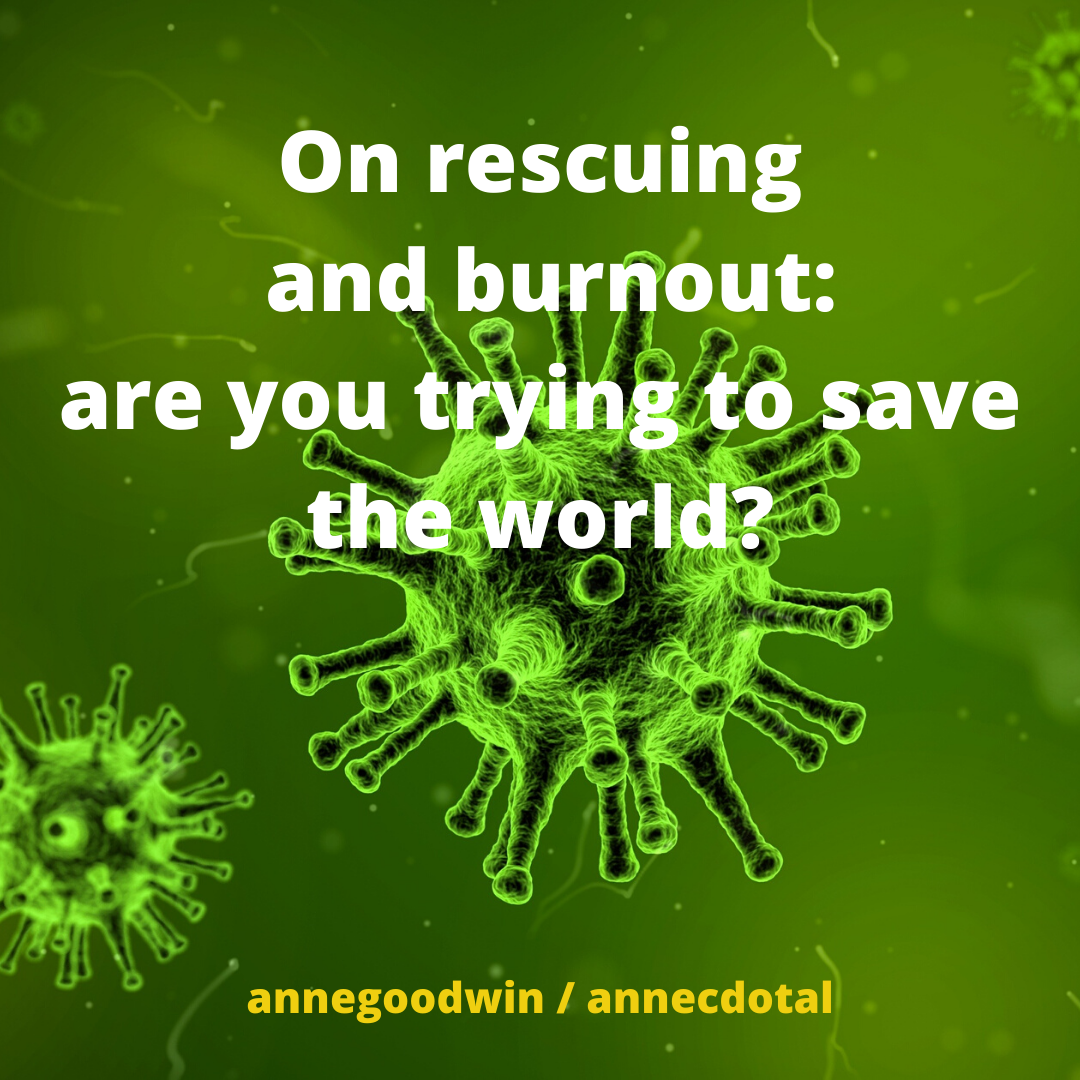
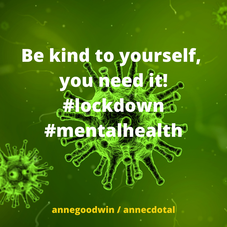
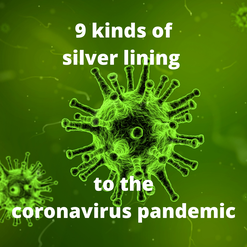
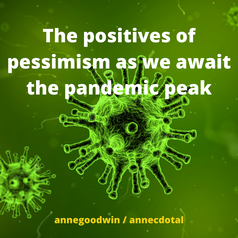
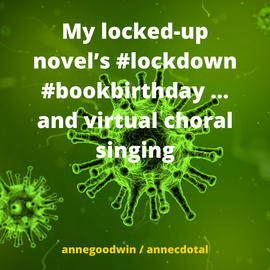
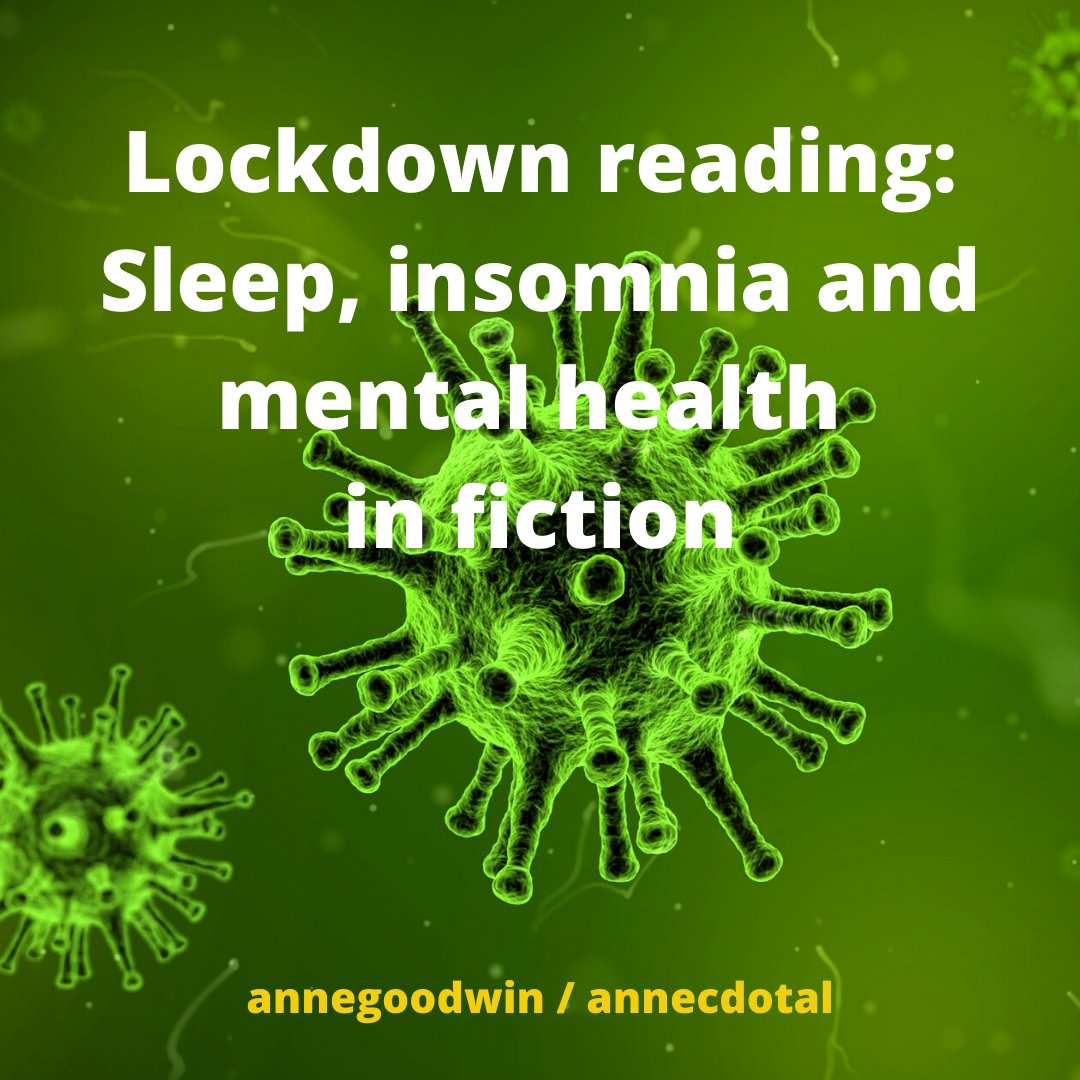
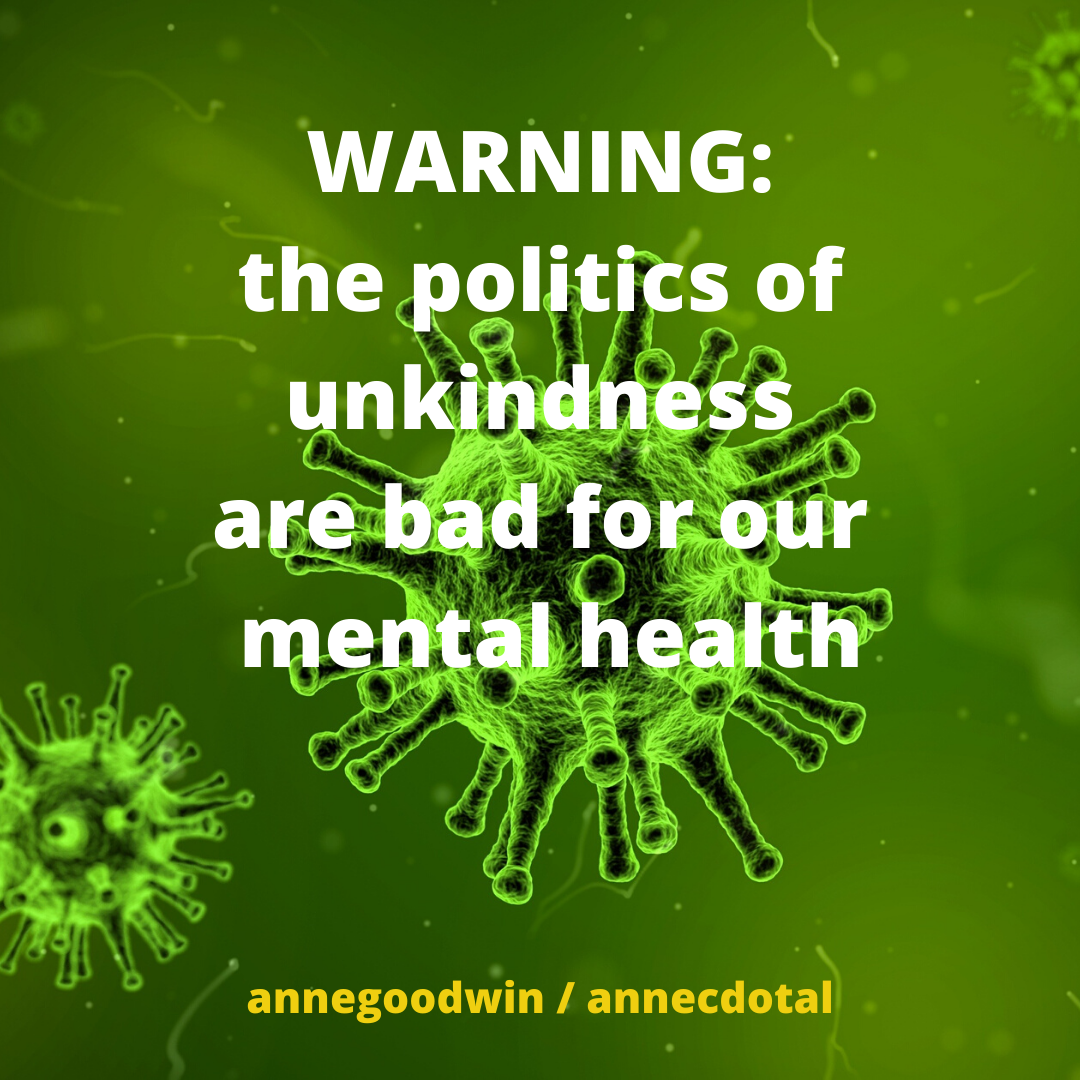


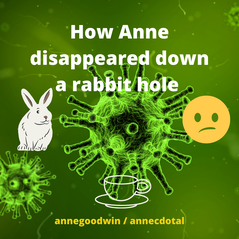


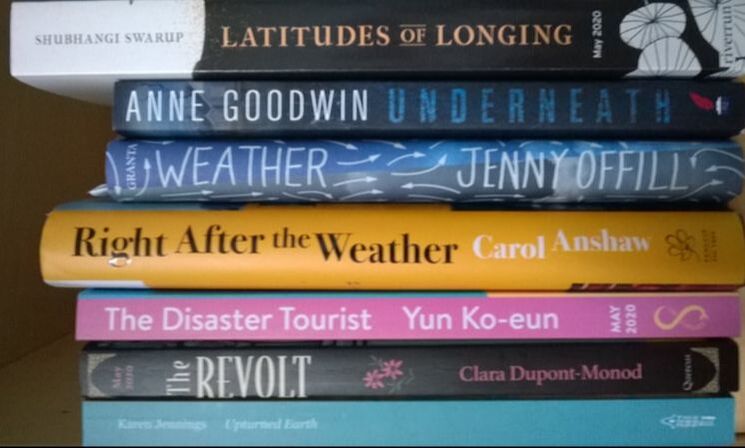





















 RSS Feed
RSS Feed





















